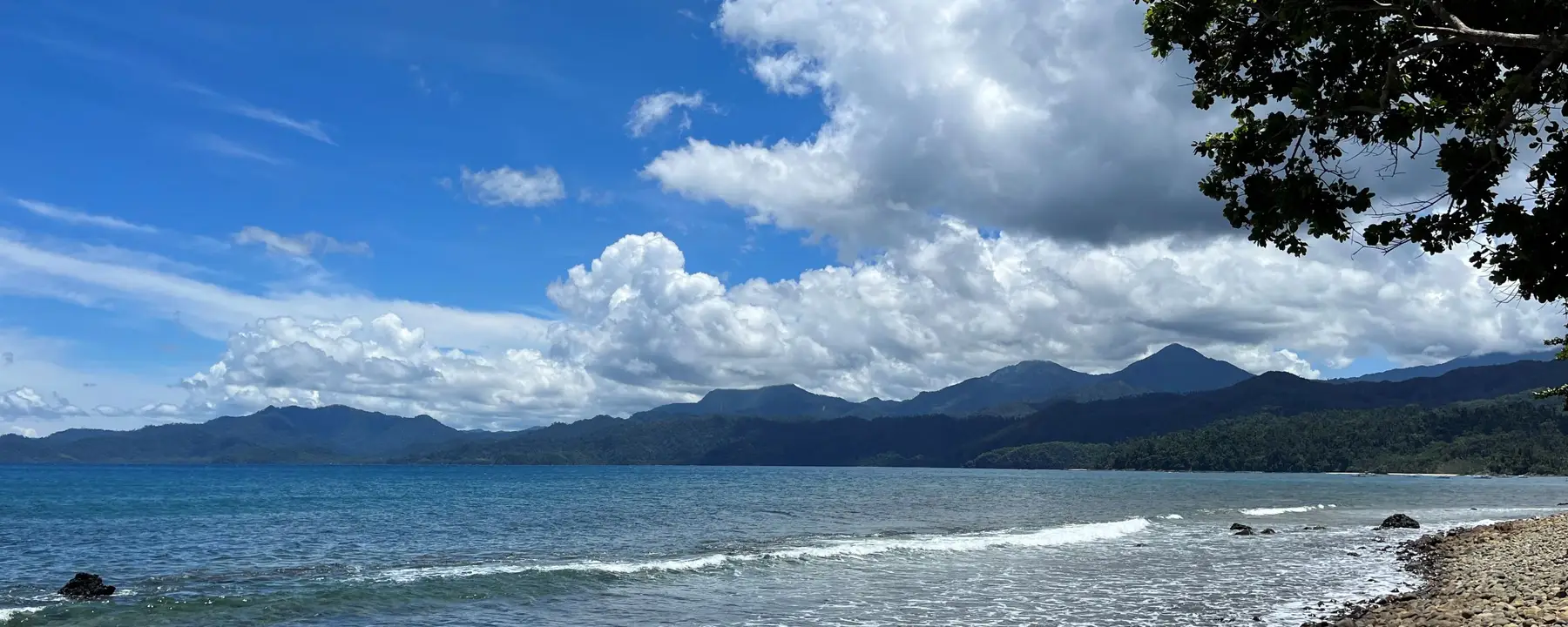Social Norms and Anti-Corruption Research
Puerto Princesa Subterranean River National Park, Philippines. Photo credit: Richard Nash
RTI uses cookies to offer you the best experience online. By clicking “accept” on this website, you opt in and you agree to the use of cookies. If you would like to know more about how RTI uses cookies and how to manage them please view our Privacy Policy here. You can “opt out” or change your mind by visiting: http://optout.aboutads.info/. Click “accept” to agree.

Puerto Princesa Subterranean River National Park, Philippines. Photo credit: Richard Nash
Expand the evidence base around social norms and corruption to inform governance and anti-corruption programming
Conducted two internally funded studies to determine the role of social norms in corruption and their impact on conservation decision-making and corruption investigators.
Findings and related recommendations highlight the importance of locally grounded understanding and analysis for anti-corruption work and checking perceptions against reality.
Corruption often undermines the sustainability of development results and has a negative impact on public trust and service delivery. However, there is no universally agreed upon definition of corruption and using the term as a blanket diagnosis is unhelpful.
Unpacking what corruption means in a specific context to the people within it, and how it manifests practically, is important for anti-corruption interventions.
Countering corruption often involves behavior change. Social norms – the unspoken and informal rules that define what behavior is appropriate among a certain group – are sometimes underlying factors that drive or inhibit specific behavior. Considering the role of social norms in corrupt behaviors can help us design more effective programs.
RTI undertook two internally funded research projects to explore these topics further. In the Philippines, in partnership with Besa Global (2022–2023), we sought to understand how social norms may be playing a role in perceived corruption among conservation institutions and, as a result, harming conservation outcomes. The second research project (2023), also in partnership with Besa Global, focused on understanding how social norms and expectations impacted corruption investigators in an African country (not named due to the sensitivity of the research).
The findings are applicable across a variety of sectors and demonstrate the importance of locally grounded understanding and analysis of corruption within a specific setting and using data to test conclusions as perceptions do not always represent reality when it comes to corruption.
In the Philippines, we examined corruption and social norms related to infrastructure investments and site planning decisions, as well as their subsequent effect on conservation outcomes in partnership with the USAID Sustainable Interventions for Biodiversity, Oceans, and Landscapes (SIBOL) Activity.
The study focused on the protected area management board (PAMB) of the Puerto Princesa Subterranean River National Park and sought to answer two major research questions:
Researchers conducted a literature review, causal loop mapping, review of PAMB meeting minutes, and 41 interviews with PAMB members and protected area stakeholders, such as the private sector and indigenous communities.
RTI is using these findings to refine a methodology that will help the USAID Sustainable Interventions for Biodiversity, Oceans, and Landscapes Activity and other project teams to identify, prioritize, and test ways to shift social norms and behavior for sustainable conservation outcomes.
Our second study built on the process and lessons learned from the Philippines study and explored the impact of social norms and expectations on staff within a specific organization.
Researchers conducted a literature review and interviews with 20 staff members from the organization’s headquarters and two regional offices, then analyzed the results and ranked challenges.
The study surfaced key lessons learned as well, including that the optimal time for this type of analysis is after relationships and trust have been built, which encourages greater openness among respondents to discuss challenges. The study also confirmed that corruption and social norms analysis can be used with a variety of organizations that work across development sectors.
RTI is using these findings to embed an attention to corruption and social norms in our programming and to continue to deepen our understanding of this topic and its impact on development programming.
Learn more about our governance work.